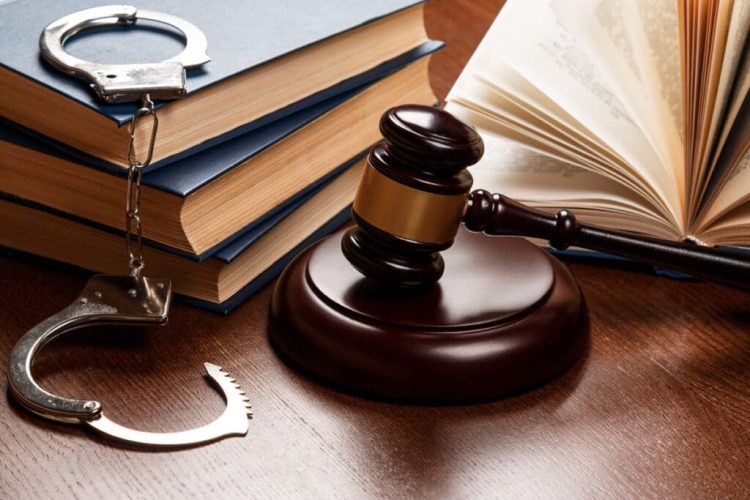Defendants challenge the evidence presented by prosecutors throughout the legal process. Through their expertise, knowledge of the law, and strategic thinking, defense lawyers seek to unravel the prosecution’s case, casting doubt on the evidence and advocating for their client’s innocence or reduced charges. Criminal defense lawyers conduct comprehensive case investigations to gather all available evidence and identify potential weaknesses in the prosecution’s case. They review police reports, witness statements, and any other relevant documentation. By examining the details of the case, defense lawyers uncover inconsistencies, biases, or other factors that cast doubt on the prosecution’s evidence.
Defense lawyers often consult with expert witnesses to analyze the prosecution’s evidence. These experts possess specialized knowledge in fields such as forensics, DNA analysis, ballistics, or psychology. Their expertise allows defense lawyers to challenge the validity, reliability, or interpretation of the prosecution’s evidence, providing alternative explanations or casting doubt on its accuracy. During a trial, defense lawyers skillfully cross-examine prosecution witnesses to reveal inconsistencies or biases. They ask probing questions to challenge the credibility and reliability of the witnesses, seeking to undermine the prosecution’s case. Cross-examination allows defense lawyers to present alternative narratives or introduce doubt regarding the accuracy of the prosecution’s evidence.
Criminal defense lawyers present alternative narratives or theories of the crime to challenge the prosecution’s version of events. They introduce evidence or witnesses that contradict the prosecution’s narrative, providing an alternative explanation or casting doubt on the prosecution’s theory. By presenting alternative narratives, defense lawyers aim to create reasonable doubt in the minds of the judge or jury. brampton based criminal law firm meticulously scrutinize forensic evidence presented by the prosecution. They challenge the methods used to collect or analyze the evidence, question the chain of custody, or challenge the qualifications and objectivity of the forensic experts involved. By scrutinizing forensic evidence, defense lawyers aim to reveal potential errors or biases that undermine the credibility of the evidence.
They investigate their backgrounds, motivations, biases, and any potential ulterior motives. By challenging the credibility of witnesses, defense lawyers aim to expose potential biases or inconsistencies in their testimonies, weakening the prosecution’s case. Defense lawyers challenge the admissibility of certain evidence presented by the prosecution. The evidence must be lawfully obtained, relevant, and not prejudicial or hearsay. By raising evidentiary challenges, defense lawyers aim to exclude or limit the impact of certain evidence, weakening the prosecution’s case. Criminal defense lawyers diligently search for inconsistencies or discrepancies in the prosecution’s evidence. They investigate alibis, gather witnesses or evidence to support their clients’ claims, or challenge the timeline or sequence of events presented by the prosecution. By highlighting inconsistencies or providing alibi evidence, defense lawyers aim to cast doubt on the prosecution’s evidence and bolster their client’s defense.

